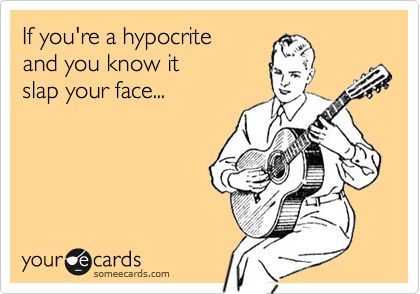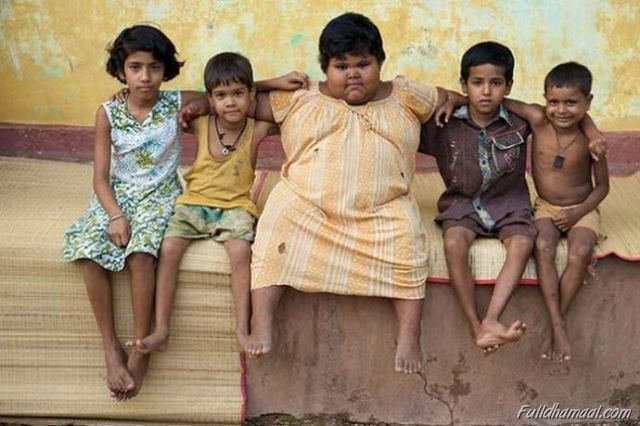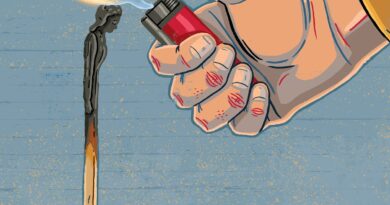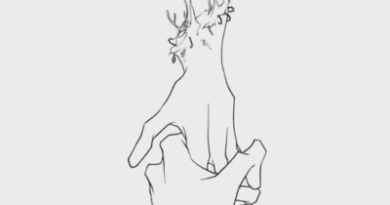What A Fat Person “Regularly” Face In India
When we talk about discrimination, we tend to think about broader topics like racism, sexism, homophobia, etc. However, another type of discrimination that exists and is every bit as deadly is Sizeism.
SIZEISM – The prejudice or discrimination on the grounds of a person’s size.
Fat people are regularly exposed and thrashed with all the prejudice and insults in India. These experiences shape the daily lives of fat people.
Belonging to a socially stigmatized group means travelling through a country that is rife with multiple small, sometimes subtle or apparently inconsequential reminders of your devalued status, known as microaggressions. And in country like ours where everything that does not confer to the “ideal” body standard is looked down upon, being fat is all the more hard and painful.
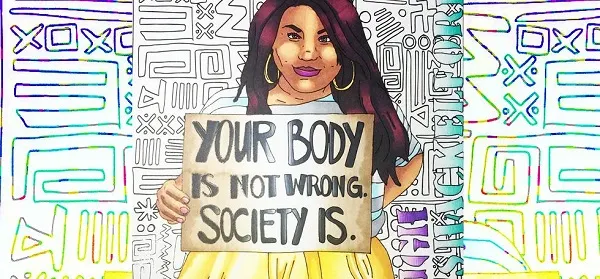
In Daily Life
Microaggressions in the daily life of a fat Indian person can come from anywhere at anytime.
"YOU have a two-piece bathing suit?" #fatmicroaggressions
— Dr Tanta Tinycat (@drtantatinycat) December 11, 2013
Fat microaggressions can be subtle, which is why others — especially those with thin, privilege — may not be quick to notice or object to them. And in a culture so obsessed with a thin, fair, beauty/ ideal, (the western image) the idea of accepting and loving a larger body or dark skin is still considered quite radical.
Some instances of fat shaming/ microaggression:
- Disgusted or pointing out the looks and your diet, when you’re eating.
- Getting on a bus and seeing a person scowl at you or pointedly place their bag on the seat next to them.
- A slimmer friend asking if they would “look fat in this.”
- A relative or a friend telling you, “Bas weight lose karle fir pyaari lagegi/ accha lagega.”
- Constantly being told, “Itni moti/ Itna mota hai, tujse shaadi kaun karega?”
- Fat jokes in movies or fat people being shamed and used as comedic relief in shows.
- Hearing children make fun of you
- Going to the doctor and being afraid they won’t take you seriously and tell you to get lost and lose some weight first.
- Hearing, “I won’t date someone if they’re fat,” implying being fat is something that is ugly or disgusting.
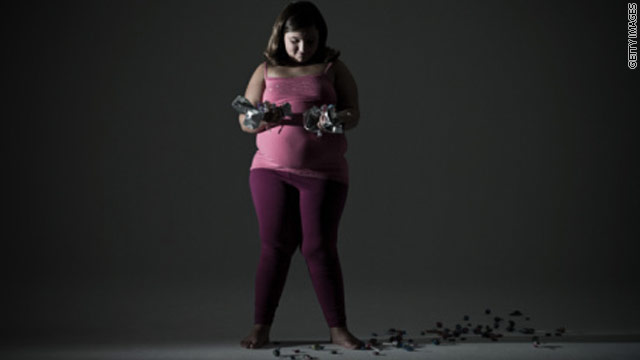
Fear, Discrimination, Prejudice
Fat- shaming is so common and normalized in the modern society that people, even fat people, may not recognize them as stigmatizing after a point.
“Victims are often told their experiences are invalid, that they are just imagining things or that they are overly sensitive and need to develop a sense of humor.”
Fat people suffer through such incidents so much that they become complicit to it, even believing they deserve it. Every time they hear another Aunty telling them to “eat less” or to “lose weight or you won’t get married,” they start feeling its their fault and they deserve this kind of treatment.
Fat becomes synonymous to ugly. And somehow being slimmer gives people the authority to shame others who are bigger in body size.
And if a fat kid is to report bullying, its sidelined stating “kids joking around” or “having fun.” The teacher themselves may even tell the kid that if they don’t like it, they should just lose some weight.

Now imagine if a thin person were to report being beaten up or made fun of in class and having their food thrown out during lunch.
See the difference?
But that’s not all. Just the phrase “fat people” gives rise to a feeling akin to cursing at someone. Fat and thin are both adjectives used to describe body shape yet fat is considered an insult while thin is not.
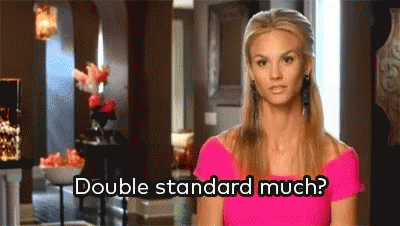
Most of us like to think of ourselves as unprejudiced. We would never harass a fat person on the street, beat them up, or give them inferior service in a shop.
But children as young as three exhibit anti-fat attitudes.
They are not born with these beliefs — they are picking them up from the cues in their environment, for example from the attitudes and behaviors of parents and caregivers, or from ubiquitous anti-fat messaging and stereotyping in kids’ cartoons.
Within Family And Friends
If you’re a fat guy married to a thin wife, you may have heard various jokes like, “How did someone like you marry someone like that?” and while they are made under the guise of friends having fun and teasing each other, these microaggression of fat shaming do not go unnoticed.
You are devalued or somehow less than a thin person. Somehow the idea of a thin person falling in love with a fat person is a joke.
What happened to loving people for their heart and not their looks? Does that only count for not having enough hair or not being white enough?

Friends may constantly make fat jokes despite hurting their friend’s self esteem or confidence and not even notice.
The sometimes ambiguous nature of fat shaming means that the target may be unsure of the intent or underlying meaning, wondering if that person was actually stigmatizing them or not, making it difficult to respond.
On the other hand, if they do challenge the stigma, at best, they may be told to ignore it; at worst, their experiences are invalidated. Most people would never tell a member of another stigmatized group, that they should change themselves if they don’t want to be discriminated against.
But since a fat person is not at all considered a member of a stigmatized group, many fat people will hear unneeded comments or advice to get thin or look pretty. Calling people out may even result in them being told they’re overthinking it.

The Result Of This Environment
Constantly facing prejudice, harassment, stress, and fear of being judged, can lead to some acute health problems.
The most prevailing one being depression. About 43% of adults with depression are obese, according to the Centers for Disease Control and Prevention (CDC). And they say adults who’ve been diagnosed with depression are more likely to be overweight than those who haven’t.
And did you know? Every one in five person is obese in India. No wonder India ranks 19th in the list of highest suicide rates in the world.

Chronic exposure of stress and fear of being bullied is also associated with increased rates of diabetes, hypertension, heart disease and even some cancers. Worst part is, this is not limited to fat people. These findings are consistent when looking at people belonging to racial minorities, LGBTQ+ individuals and many others.
But while these same causes are acknowledged in other cases, fat people’s reasons for being depressed or having diseases is considered shallow or an excuse.
Stigmatised individuals go through their daily life anticipating, fearing, expecting and preparing for these events. This consumes an enormous amount of mental and emotional energy and is itself a form of chronic stress.
Hostile environments also contribute indirectly to long-term health and life outcomes via impacts on educational and economic achievement.
Fat people are also denied jobs, opportunities, and marriages simply for not being the “right” weight.
"Fat people are not disciplined enough to get a higher degree." #fatmicroaggressions
— loniemc (@loniemc) December 12, 2013
Truly despicable, isn’t it?
